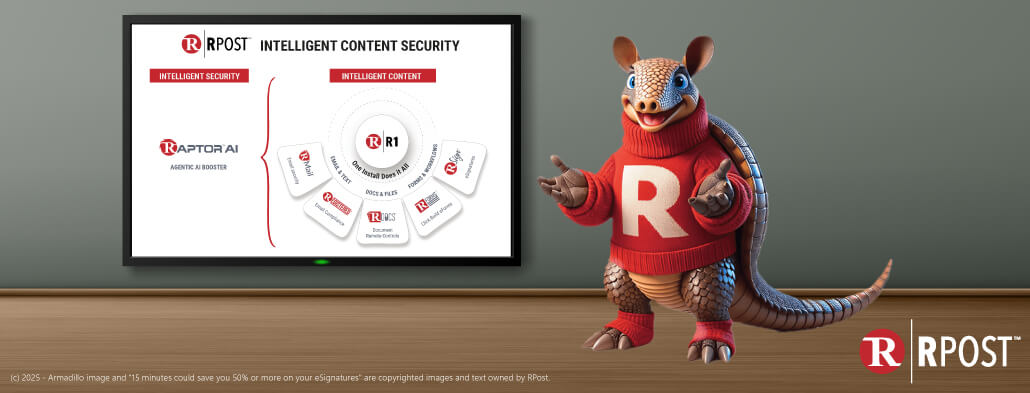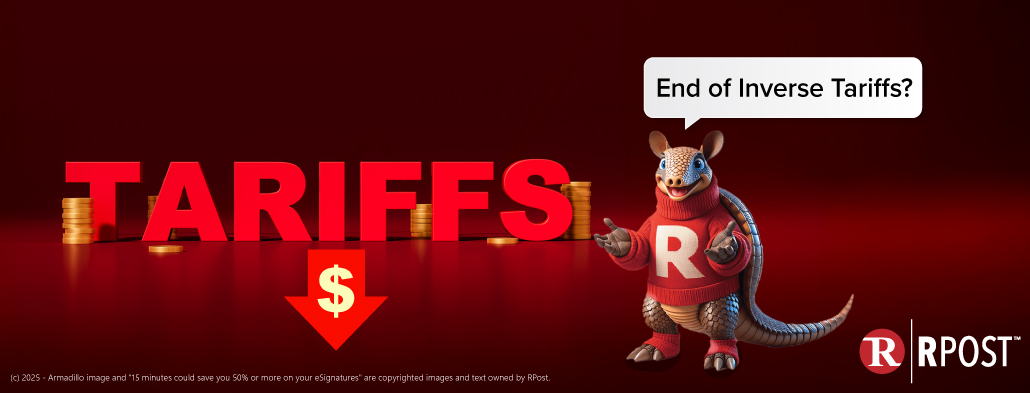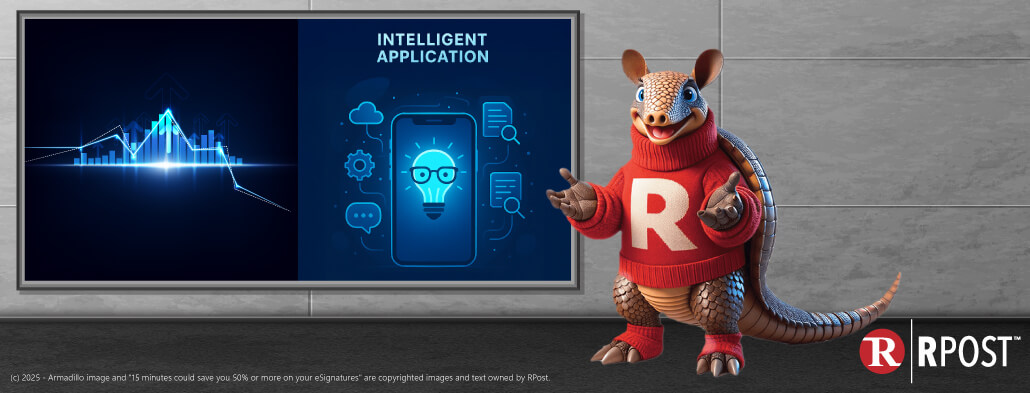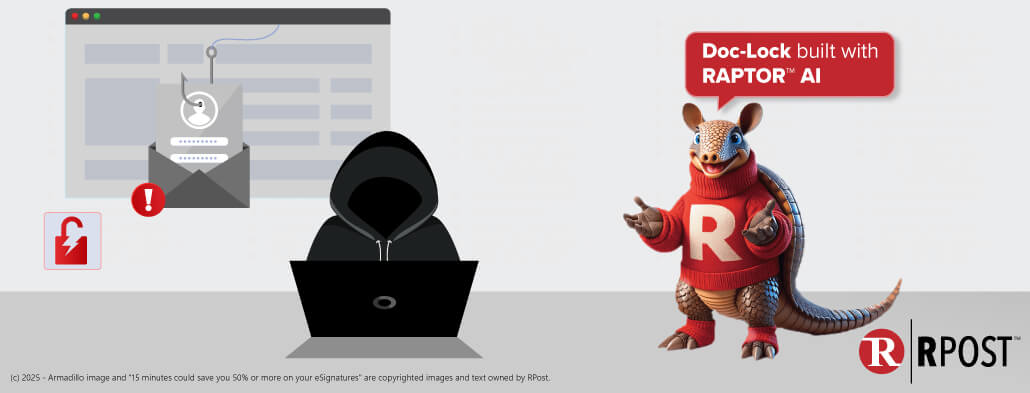As Tech Essentials readers hunker down for holiday online shopping, it’s a good time to remind you what to consider before you make that final click to purchase.
Do you trust the reviews you read online and believe all the comments when they are all overwhelmingly positive and the product has hundreds of thousands of “likes” on their social media pages? 92% of consumers now read online reviews before a purchase and while we don’t want to be a Grinch, you may want to dig deeper before you decide to buy.
We would argue the category of online “influencers” (professionals that aggregate Facebook “likes” and Instagram “followers”) has been ruined by those that have turned their online “popularity” into money-making schemes.
Today, it has become so easy to purchase “likes”, that enterprising people are bypassing the hassle of actually connecting with people, and instead simply buying popularity. For example, with a mere $1000, you can buy 100,000 Facebook likes, and the companies that offer these services tout that these services add “100% Real Human Likes” that “Start Within Hours” with a full “Delivery Time of 20 Days”. If you prefer Instagram followers, the online price these days is $300 for 25,000 new “real human” followers or photo likes. For YouTube video views, $200 buys you 100,000.
How does this make you feel? People that learn this have one of three reactions. Some are astonished that what they see online may not be real. For others, they start to think, hey, perhaps it is easier to spend $1000 for instant popularity instead of spending hours trying to nurture real connections. And yet others start thinking that in today’s modern Internet world, why not simply “gift” popularity — spend a few hundred dollars and gift someone instant popularity!
For the professional influencer, buying popularity pays off – many so-called “influencers” will make $5,000 per Facebook or Instagram post, paid by product companies if they can show enough “likes” and “followers”. Having many “views” on your YouTube video may lure car companies to pay you to post an advertisement ahead of your video. These professional influencers buy popularity and then promote themselves to product companies as powerful ways to market products, reaping thousands of dollars each time they post something about the product or a photo of them using a product.
But, what are many small businesses finding? Most people don’t buy from these professional “influencers” as there is often no real connection.
The “Micro-Influencers” are the real influencers.
We discussed this “micro-influencer” trend with one of the hottest new Los Angeles fashion designers, as she tested various ways to launch her new contemporary designer collection, bypassing traditional retail distribution. She elected to exclusively offer her women’s clothing online, through her e-commerce website Hark + Hammer . Her experience confirmed that professional influencers that appeared “popular” online are expensive to work with and do not drive people to buy. By contrast, micro-influencers, those that truly loved her Hark + Hammer “exclusive silk prints and modern silhouettes”, purchased, and posted about it among their real friends. This created true sales momentum.
Another example of a micro-influencer in The Florida Bar. This organization, with more than 80,000 lawyer-members, makes recommendations to lawyers on what products lawyers should use to improve their practice. When The Florida Bar recommended all lawyers use RMail for Registered Email tracking and proof of delivery, and for simple to use email encryption, thousands of lawyers installed RMail. Some of these lawyers, in turn, recommend RMail to their peers (watch webinar recording), as Patrick Neale has, a prominent Naples, Florida based attorney.
Know More: Free Secure Email
There are no shortcuts when working with micro-influencers. Perhaps this is what makes their recommendations more “real”.
As you shop online and research for products and services, pay attention to “who” is providing the recommendations for products you are exploring, not simply how “popular” they may appear to be.
For a 20% holiday discount on RMail, contact Sean Walsh at swalsh@rmail.com.
To learn more visit rmail.com.

April 25, 2025

April 17, 2025

April 11, 2025

April 04, 2025

March 28, 2025